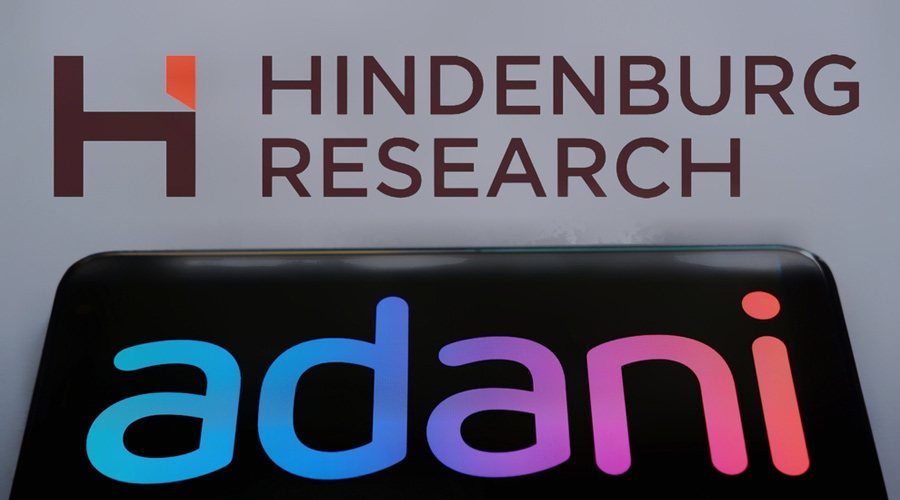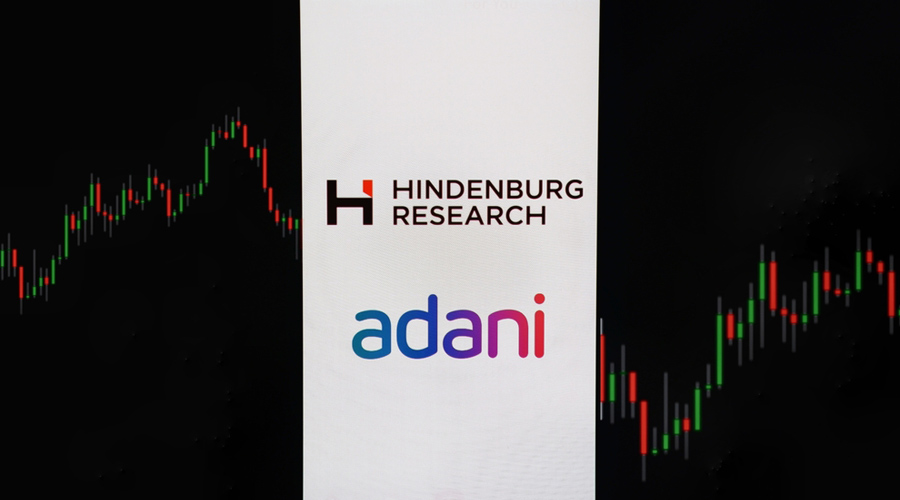India's market regulator is set to brief the federal government on its investigation into Adani group's shelved share sale, two sources said, thrusting the watchdog into the limelight in a week when its laws also face scrutiny by the nation's top court.
The upheaval in the Indian conglomerate triggered by a short-seller's report last month continued on Monday, with shares in its listed companies extending their losses.
Led by billionaire businessman Gautam Adani, the group's seven listed stocks have lost about $120 billion in market value since a January 24 report by US short-seller Hindenburg Research accused it of improper use of offshore tax havens and stock manipulation, allegations the company has denied.
The fallout has sparked worries of financial contagion in India, protests in parliament where lawmakers have demanded an investigation, ratings outlook downgrades of some Adani units and cast a shadow on the company's capital raising plans. Gautam Adani has also lost his crown as Asia's richest person.
The Securities and Exchange Board of India (SEBI) has been probing the group's market rout, including examining trade patterns and any potential irregularities in the $2.5 billion share sale of flagship company Adani Enterprises that Adani group was forced to cancel due to the stock's plunge, Reuters has previously reported.
The SEBI board will update finance ministry officials on its investigation on February 15, the sources said, on condition of anonymity as they are not allowed to speak to the media.
SEBI and the finance ministry did not respond immediately to Reuters requests for comment.
India's Supreme Court is set to resume its hearing on Monday on public interest petitions that raised concerns about steep investor losses sparked by Hindenburg's report. The court has asked the market regulator to explain its regulatory frameworks and how such losses can be prevented in the future.
Last week, Moody's downgraded the ratings outlook for some Adani group companies, while index provider MSCI said it would cut the weightings of some in its stock indexes.
On Monday, all stocks of the Adani group were under pressure. Adani Enterprises fell 8 per cent, while Adani Total Gas , Adani Power and Adani Transmission lost 5 per cent each.
Adani Total, a joint venture with France's TotalEnergies , has lost 70 per cent since the Hindenburg report, while Adani Enterprises is down 50 per cent.
Bloomberg News reported on Monday that Adani has halved its revenue growth target and plans to scale down fresh capital expenditure. A company spokesperson told Reuters the report was ”baseless, speculative”, without elaborating further.
After the Hindenburg report's release, Adani group has prepaid some of its $25 billion debt and pledged to independently review the short-seller's claims but the carnage in its securities has continued.
"The effects of management's attempts to reassure investors will take at least three to six months to start reflecting in share prices. Price damage has been significant,” said Avinash Gorakshakar, head of research at Profitmart Securities.
In recent days, concerns have also arisen about exposure of Indian and foreign lenders to the Adani group. In its rebuttal of Hindenburg's allegations, the conglomerate had pointed to its international banking relationships as a sign of its strength.
Singapore's DBS Group said on Monday it has a S$1.3 billion ($976 million) exposure to Adani group companies, out of which S$1 billion was to finance its cement business. It said it was not concerned about its exposure to the group.
"They're solid, cash-generating companies, so we're not concerned about the exposure,” Chief Executive Piyush Gupta told an earnings briefing, referring to the cement business, which Adani acquired for $10.5 billion last year from Holcim.
DBS was among a group of banks which provided financing.












